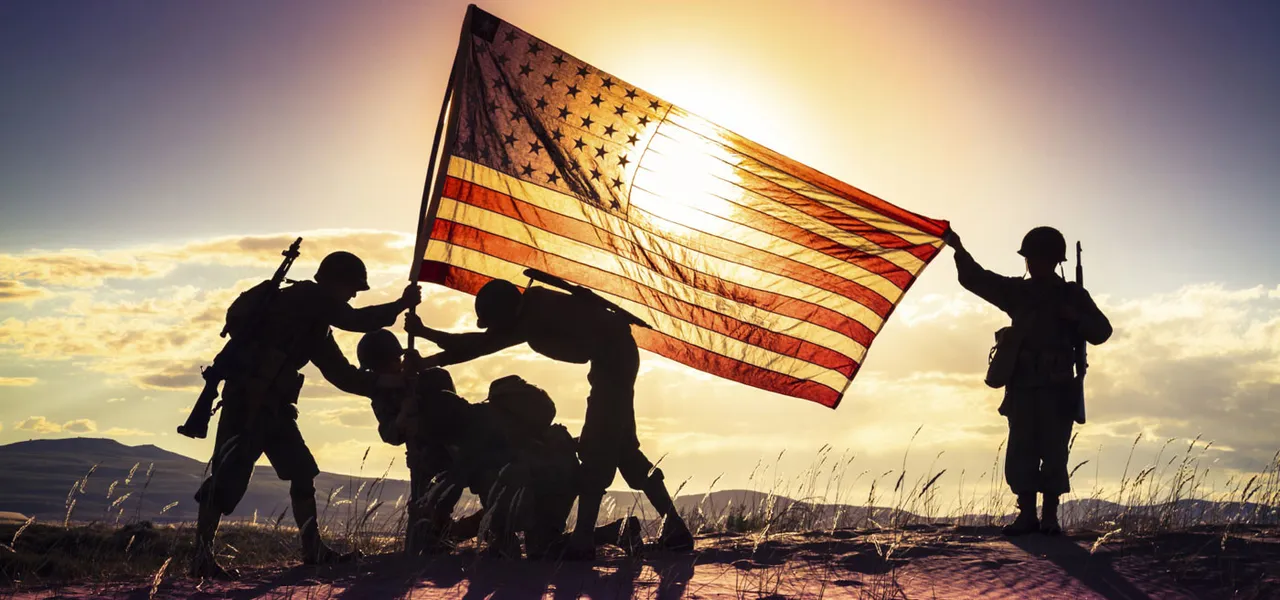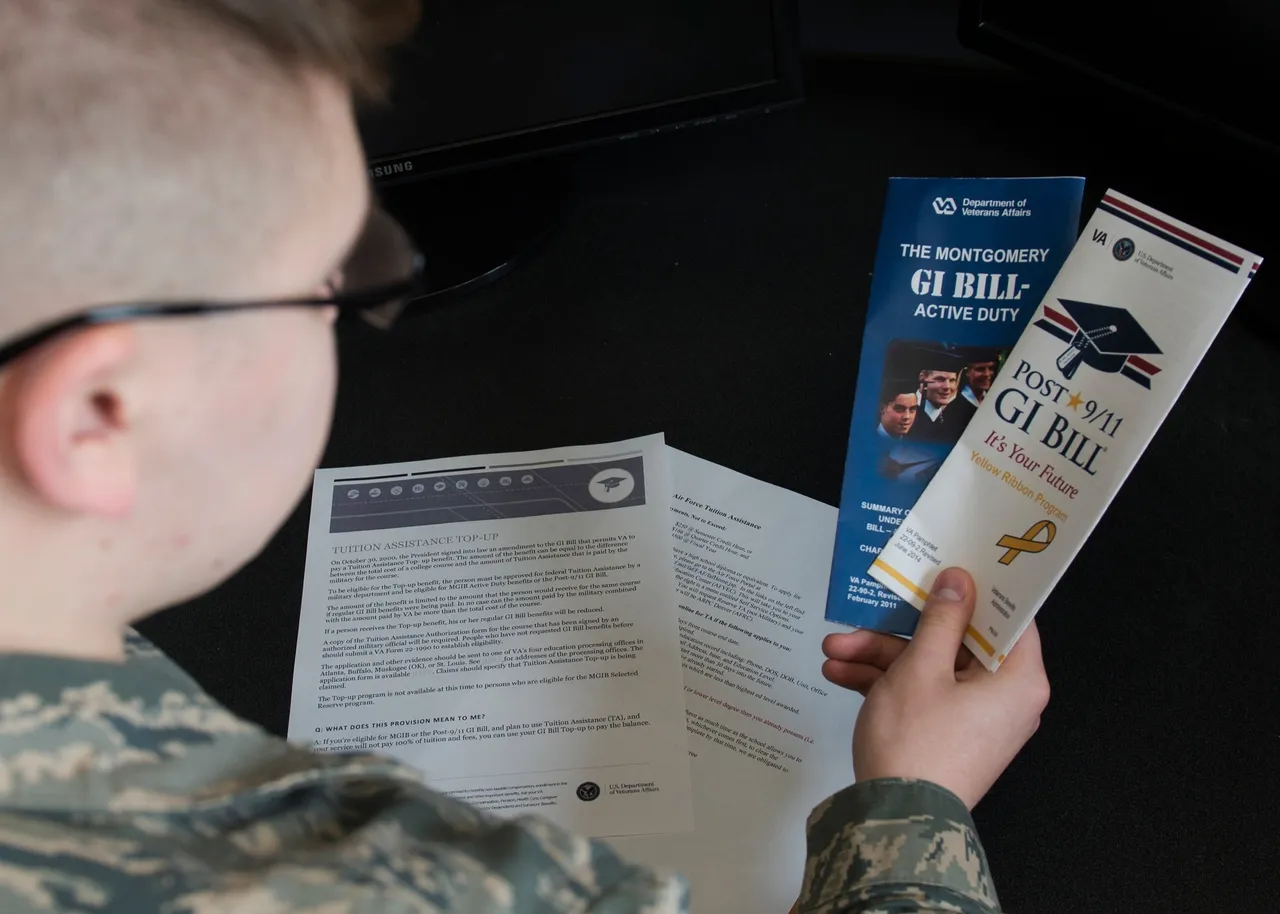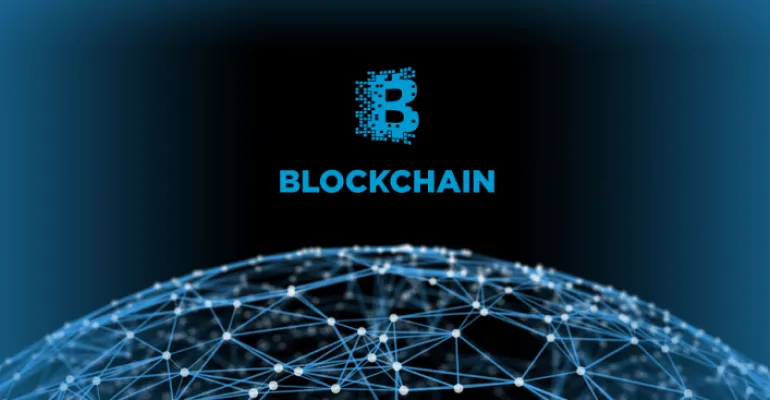The Department of Veterans Affairs Needs To Adopt Blockchain - And Here's Why...
The government of the United States has, on the surface, maintained an excellent reputation throughout the past by taking care of veterans. The United States has the most comprehensive system of assistance for Veterans of any nation in the world, with roots that can be traced back to 1636, when the Pilgrims of Plymouth Colony were at war with the Pequot Indians. The Pilgrims passed a law that stated that disabled soldiers would be supported by the colony. The Department of Veterans Affairs carries this tradition through Congressional mandate and currently supports over 20 million Veterans. While they are not without issues, no other country provides as much for returning Soldiers, Sailors, Airmen, and Marines as does the United States.

The primary objective of the Department of Veterans Affairs is to promote the interest of veterans who are living within the United States. Outside of medical coverage and assistance, the VA is responsible for the GI Bill payments of all the honorably discharged veterans seeking to improve their education. Through the GI Bill, the veterans will be able to receive an allowance, which can support their living. With all these benefits, the Department of Veterans Affairs is trying to provide the opportunity for the veterans to reintegrate with the society in a convenient manner, after their retirement, end of enlistment or separation due to injury.

Unfortunately, the VA is rife with inefficiencies, scandals, and plagued by reports of Veterans not receiving proper care or financial assistance. Recently conducted studies identified most veterans are not receiving all the benefits that are linked with this program. As a result, the veterans are forced to fund on their own. This has taken place, not due to the unavailability of funds. The Department of Veterans Affairs has enough funds to benefit all the veterans. They are willing to release the funds for the betterment of the veterans as well.
The problem lies within its financial distribution system - the technology used to facilitate this program is inefficient. As a result, the veterans are forced to go through a series of struggles to ensure they receive the financial assistance they were contractually guaranteed.
Veterans haven't received GI Bill benefits for months due to ongoing IT issues at VA
"This is — to be kind — a train wreck,” said Rep. Phil Roe, R-Tenn., the chairman of the House Committee on Veterans Affairs.

The Department of Veterans Affairs is suffering from a series of information technology glitches that has caused GI Bill benefit payments covering education and housing to be delayed or never be delivered.
While it is unclear how many GI Bill recipients were affected by the glitches, as of Nov. 8, more than 82,000 were still waiting for their housing payments with only weeks remaining in the school semester, according to the VA. Hundreds of thousands are believed to have been affected.
The Department of Veterans Affairs is currently using outdated technology in order to manage the programs that are conducted with the objective of providing benefits to the veterans. The officials come across a series of difficulties when they are trying to manage the funds. They identified this issue some time back. As a result, they gave a service provider with the task of repairing the system and improving its efficiency. However, they also gave a tight deadline to get the job done. As a result, the service provider was not able to provide a quality service.
The cause of the difficulty lies, more specifically, within VA’s Office of Information Technology, which was tasked with implementing a change in how the housing allowance was calculated, the agency said.
At the end of August, the Veterans Benefits Administration had nearly 239,000 pending claims — 100,000 more than at the same point in 2017. As school began, thousands of students faced dire circumstances and some faced eviction, getting kicked out of school or taking on loan or credit card debt.

As the problem appears to have no clear solution, the House Committee on Veterans’ Affairs is holding a hearing Wednesday to investigate the matter.
The contractor hired by the VA to update its system for the Forever GI Bill, Booz Allen Hamilton, a multi-billion-dollar information technology company, will be called to testify. In a Nov. 5 letter to Secretary of Veterans Affairs Robert Wilkie, Roe said that employees at the processing center told the group that IT systems at the office froze and crashed so often that tasks that once took five minutes now required 45 minutes. Computers often suffered a “blue screen of death,” which required restarting machines, and “managers had to write off 16,890 man-hours due to system crashes or latency issues.”
As the problem appears to have no clear solution, the House Committee on Veterans’ Affairs is holding a hearing Wednesday to investigate the matter.
The contractor hired by the VA to update its system for the Forever GI Bill, Booz Allen Hamilton, a multi-billion-dollar information technology company, will be called to testify. In a Nov. 5 letter to Secretary of Veterans Affairs Robert Wilkie, Roe said that employees at the processing center told the group that IT systems at the office froze and crashed so often that tasks that once took five minutes now required 45 minutes. Computers often suffered a “blue screen of death,” which required restarting machines, and “managers had to write off 16,890 man-hours due to system crashes or latency issues.”
"Now the things have turned worse. It would be counterproductive for the Department of Veterans Affairs to focus on repairing the existing legacy system. Instead, they have to think about coming up with a new system and stop putting band-aids on a sucking chest wound." - Tao of Random, author.
Hence, it is important to take a look at the best options available out there in the market to consider and go ahead with an option that they can rely on.
This is where blockchain technology comes into play.
Blockchain technology and cryptocurrencies have received a lot of attention in the recent past. It is also being called the "future of currencies." This new method of completing transactions has penetrated to a considerable percentage of the world population as well.
Blockchain is an open-source solution available for the government of the United States to use to improve the efficiency of work done by the Department of Veterans Affairs. In fact, it is better if the government can get inspired by the Blockchain technology and take appropriate measures in order to develop open-source front-end applications for their purposes. Companies, such as Omnigate Systems Inc., who have developed robust middleware can easily enable this front-end development by implementing their opensource FinTech platform.
The new implementation of government systems gets delayed due to a variety of reasons. Financial, Political - they all take their toll on the end recipient - the Veteran. This fact has been verified by a series of studies conducted in the past. The best and the most convenient option available to overcome the negative consequences associated with such instances is breakthrough government resistance and adopt open source solutions which are designed to be future-proof and won't require processing delays to update or revamp.

Blockchain technology can be used for a variety of transactional tasks. The ability of blockchain technology to enable payments can be considered as one of the most prominent applications behind it. It has the ability to offer both security as well as privacy for the people making transactions. Due to this reason, the payment methods powered by Blockchain technology became extremely popular during the recent past. The popularity of Bitcoin is a clear example to prove the above-mentioned fact.
The current legacy system employed by The Department of Veterans Affairs will cost taxpayers a considerable amount to repair. However, they will also come across the need to replace this system, in the next 5 to 20 years. Arguably, this need manifested years ago, but the system was never updated. It will be a massive expense. Any standard FinTech solution will face, in time, the same issue that they are facing now. Hence, replacing the existing system with a new one cannot be considered as the best solution available for them. They will have to look for a more robust, and future-proof solution. That’s where the Department of Veterans Affairs should think about implementing the blockchain technology.
If the VA implements Blockchain technology, Veterans will not be forced to accept payments in cryptocurrencies. Blockchain technology can be, and is, utilized in the transfer of fiat currencies and would be an outstanding platform used to track the Veteran payments and maximize speed and efficiency.
One may find several driving forces behind the proliferation of blockchain technology as well. Out of them, a service provider such as Ripple would be able to provide excellent assistance to the Department of Veterans Affairs. Ripple is a real-time gross settlement system, currency exchange and remittance network created by Ripple Labs Inc., a US-based technology company. Ripple is built upon a distributed open-source internet protocol and supports tokens representing fiat currency, cryptocurrency, commodities, or other units of value such as frequent flier miles or mobile minutes. Released in 2012, Ripple purports to enable "secure, instantly and nearly free global financial transactions of any size with no chargebacks."
In utilizing Ripple, or most blockchain networks, it would also possible for them to provide a framework of transactional verification to the Veterans, enabling them to track the payment status they are entitled to receive. This can deliver a better experience to the Veterans at the end of the day.
Tao of Random